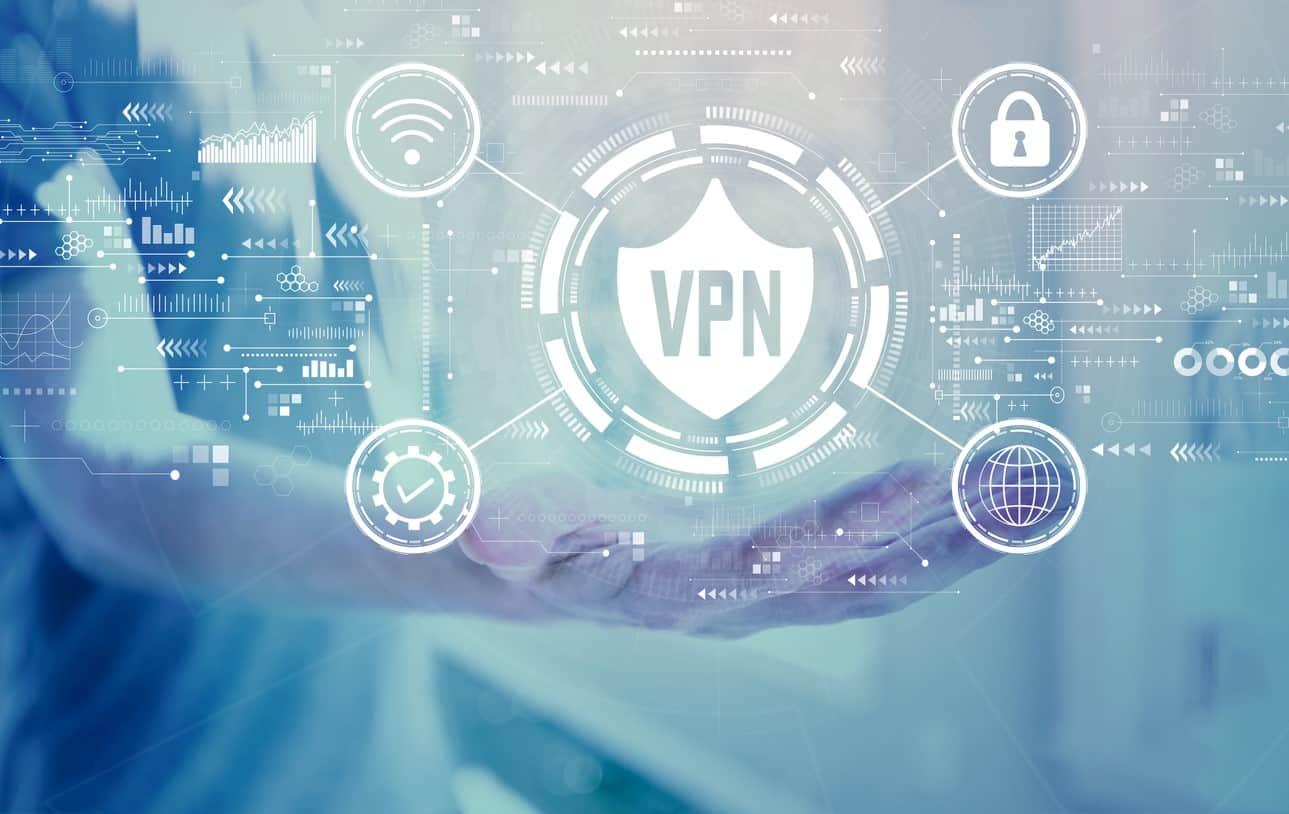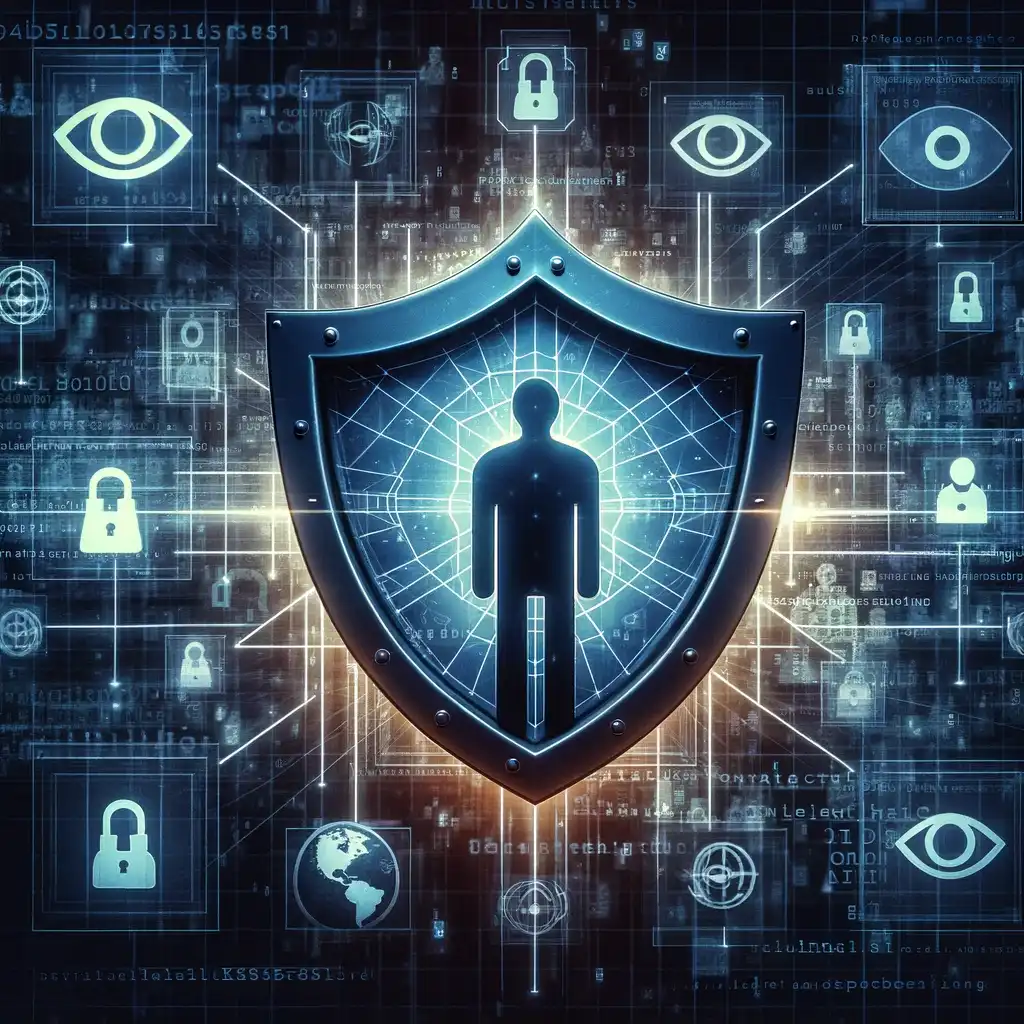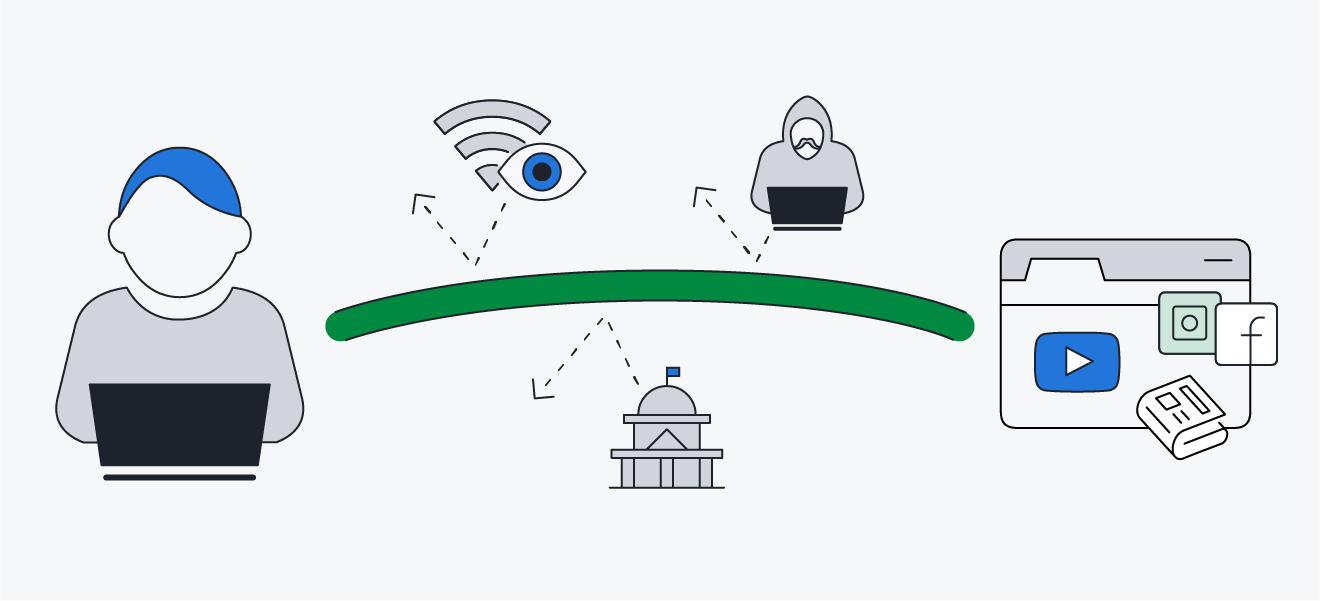With the American iGaming industry breaking the $60 billion barrier in 2023, it’s clear to those who prefer interactive games and business analysts that iGaming will be around for a while. With the convenience of playing at home or anywhere in states where iGaming is legal, more members are flocking to these visual masterpieces, with hundreds of traditional casino games available at a moment’s notice.
However, with great technological advancement come the dangers of maintaining online security and, above all, personal anonymity. To get the best of both worlds, consider using a VPN.
The Basics of a VPN

When gaming online or on an iGaming site, you have to create a membership account and disclose personal information like social security numbers, addresses, and even financial information if you want to play online casinos for money. Unfortunately, cyberthieves don’t sleep and live for the opportunity to cause damaging data breaches.
With 3 billion Android users alone and billions more on social media, the challenges of keeping online data safe are daunting—but not so much for VPNs.
How VPNs Help Maintain Anonymity

Should they get a hold of your actual IP address, they can find your real name, address, and more. Swatting is a real problem as of late. Or, they can try to force their way into your online casino account and try to find your personal details to wreak havoc. However, one of the functions of a VPN is to provide your true IP address.
Because VPNs work and route data through their vast global network, your real IP address is concealed several times over, making it virtually impossible for disgruntled players to track down your real identity.
Besides routing your data and real IP address through several network servers, the dynamic IP addresses remain encrypted as they go through the network. The constant encryption helps to keep hackers at bay and off guard. Unless they have the specific VPN encryption key, hackers are out of luck.
Another way VPNs help you remain anonymous is by not letting hackers and cyberthieves analyze and study the traffic flow. It’s common for internet searches and browses to be archived and analyzed, but with a VPN, that’s also stopped.
VPNs Working Geo-Restrictions

When using casino apps to create an account, it’s customary for iGaming sites to pinpoint your location and compare it with the address and data you enter. A VPN can help pick a local IP address to sometimes satisfy these requirements.
Beyond the VPN
While VPNs are essential components for maintaining online anonymity for online gaming, there are still measures you can use to maintain your privacy and cybersecurity. For example, when you’re creating your account, it’s wise not to use any part of your name or significant details in the username and, most certainly, the password.
Also, don’t share your account details. Not only is this a quick way for others to learn your true identity, which defeats the purpose of a VPN, but they can access your financial information.
Final Thoughts
Whether playing a standalone game online or in the middle of a high-stakes tournament, a VPN makes maintaining anonymity simple. Mobile-friendly VPNs also work with loose and public Wi-Fi connections to help maintain anonymity. For maximum results, consider using a premium VPN instead of a free option.

